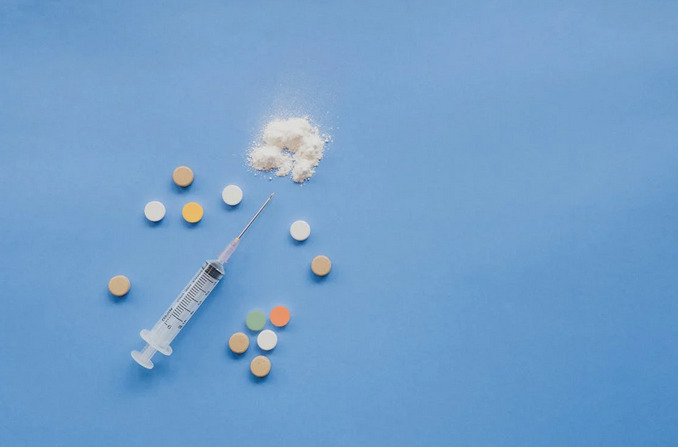Addiction is a complex and multifaceted issue that affects millions of people worldwide. While all forms of addiction share certain characteristics, the specific nature and challenges of alcohol dependence can differ significantly from those associated with drug dependence. Find A Rehab Center that specializes in your specific type of addiction is crucial for effective treatment and recovery. Understanding these differences is crucial for effective treatment and recovery.
What Is Addiction?

At its core, addiction is a chronic disease that alters the brain’s reward, motivation, and memory functions. Individuals struggling with addiction often find themselves compulsively seeking and using substances despite the negative consequences. This can lead to significant physical, emotional, and social harm.
Alcohol Dependence: A Closer Look
Alcohol dependence, commonly known as alcoholism, is a type of addiction where an individual has an uncontrollable need to consume alcohol. Here are some key aspects of alcohol dependence:
- Physical Dependence: Over time, regular alcohol consumption can lead to physical dependence. This means that the body becomes accustomed to the presence of alcohol and experiences withdrawal symptoms such as tremors, anxiety, nausea, and seizures when alcohol use is reduced or stopped.
- Tolerance: As individuals drink more frequently, they often develop a tolerance to alcohol. This means they need to consume larger amounts to achieve the same effects, which can increase the risk of harmful consequences.
- Psychological Dependence: Alcohol can also become a crutch for dealing with stress, anxiety, or depression. This psychological dependence can make quitting particularly challenging, as individuals may feel unable to cope without alcohol.
Drug Dependence: Understanding the Variability

Drug dependence encompasses a wide range of substances, each with its unique effects and challenges. Commonly abused drugs include opioids (like heroin and prescription painkillers), stimulants (such as cocaine and methamphetamine), and sedatives (like benzodiazepines). Here’s what to know about drug dependence:
- Variety of Substances: Unlike alcohol dependence, drug dependence can involve a variety of substances, each with different effects on the brain and body. This variability means that treatment approaches need to be tailored to the specific substance involved.
- Physical and Psychological Dependence: Like alcohol, many drugs can lead to both physical and psychological dependence. However, the withdrawal symptoms and health risks can vary greatly depending on the drug. For example, opioid withdrawal can be extremely painful and uncomfortable, while stimulant withdrawal might involve severe depression and fatigue.
- Risk of Overdose: Certain drugs, particularly opioids, carry a high risk of overdose, which can be fatal. This risk underscores the importance of proper medical supervision during detoxification and recovery.
Similarities and Differences in Treatment
While alcohol and drug dependence have unique characteristics, they also share similarities in how they are treated. Both types of addiction often require a combination of medical intervention, counseling, and support groups. Here are some common treatment approaches:
- Detoxification: The first step in many addiction treatment programs is detoxification, a process that allows the body to rid itself of the addictive substance. This stage can involve medical supervision to manage withdrawal symptoms safely.
- Counseling and Therapy: Behavioral therapies, such as cognitive-behavioral therapy (CBT), are commonly used to help individuals understand and change their addictive behaviors. Therapy can also address underlying issues like trauma, anxiety, or depression.
- Support Groups: Participation in support groups, such as Alcoholics Anonymous (AA) or Narcotics Anonymous (NA), can provide a sense of community and shared experience, which is invaluable for long-term recovery.
Understanding the differences between alcohol and drug dependence is essential for anyone seeking to overcome addiction or support a loved one in their recovery journey. While the path to recovery can be challenging, it is also incredibly rewarding. With the right treatment, support, and determination, individuals can reclaim their lives and achieve lasting sobriety. Remember, addiction is a disease, not a moral failing. Compassion, patience, and support are key components in helping those affected by addiction to find hope and healing.


